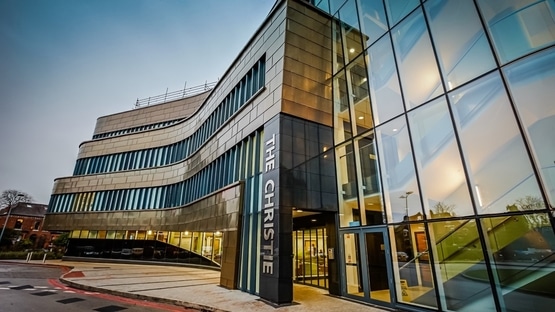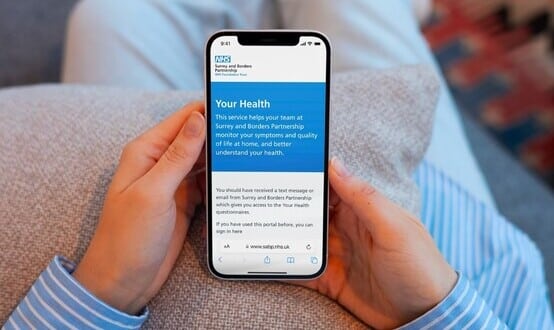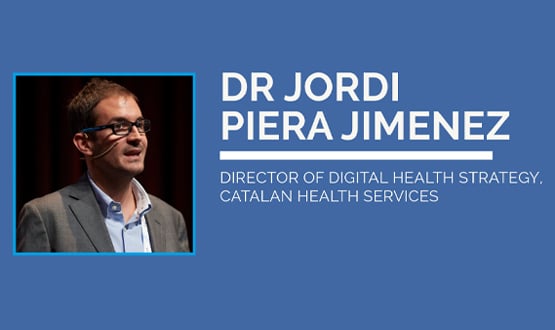The Christie signs with Aire Logic for data-driven openEHR programme
- 1 April 2022

The Christie NHS Foundation Trust has signed a deal with Aire Logic which will see the health and care IT consultancy deliver a datacentric openEHR programme.
The £1.6million agreement will support the modernisation of The Christie’s electronic health record (EHR) and use openEHR standards that align with the NHS England Data saves lives strategy.
The largest single site cancer centre in Europe recently selected Better for its low-code platform and openEHR data platform. This provides a separate data layer for unifying data into one place. The low-code environment is also supporting the modernisation and pathway redesign of over 600 clinical forms.
Following a robust procurement process, the trust selected Aire Logic to provide software engineering, devops and architecture expertise to deliver multiple aspects of the EHR programmes.
Workstreams under the agreement include integrating more data into Better’s low-code platform, expanding order communications functionality and user interface improvements.
It will also see The Christie’s engineering team expand and a multi-disciplinary approach supporting digital teams to work directly with healthcare professionals on the project.
Alistair Reid-Pearson, interim chief information officer at The Christie said: “Modernisation of our EHR platform and unlocking the power of data using openEHR is a key part of the strategy to advance cancer research. This partnership will provide us with industry leading expertise to expand our talented in-house software engineering team.”
The Christie’s long-term ambition is to integrate additional vendors into the openEHR data layer.
Mike Odling-Smee, director at Aire Logic, added: “We are delighted to have been chosen to partner with The Christie on such an exciting digital transformation project, not only does it play to our strengths and expertise in EHR development but it gives us the opportunity to work on a programme that will deliver real-life benefits to clinicians and patients on cancer care pathways.”




